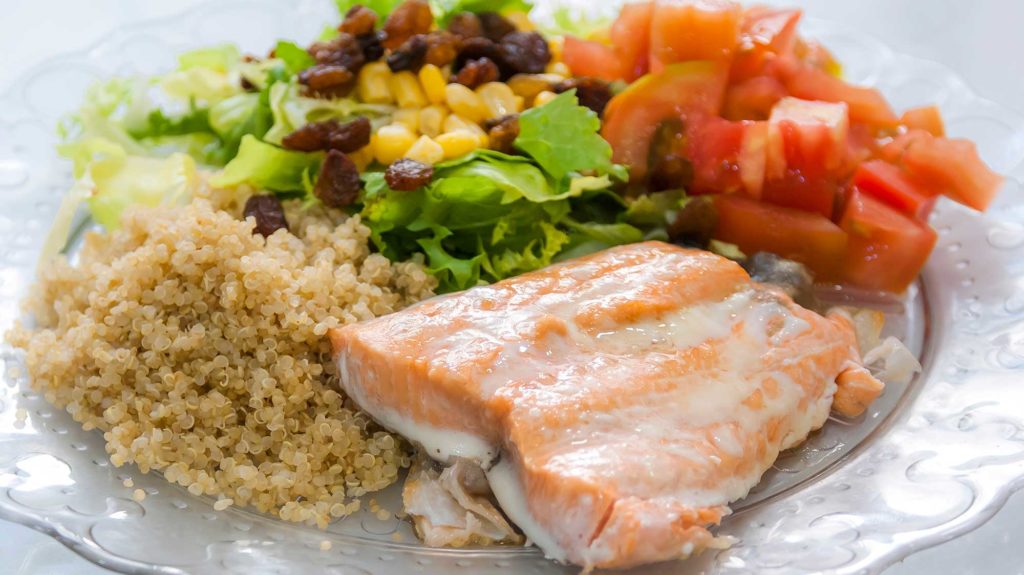
Older and middle-aged adults who consume a diet high in simple carbohydrates and saturated fats — a pro-inflammatory diet — have higher odds of developing frailty, a new study finds.
Fully 1 in 6 community residents and up to 90% of nursing home facility residents will develop frailty, researchers have found. This debilitating condition contributes to functional decline and is linked to an increased risk of falls, hospitalizations, and mortality. To determine the effect of diet on frailty risk, investigators followed 1,701 relatively healthy participants from the Framingham Heart Study over a 12-year period.
Study participants who had higher scores on a standardized scale of pro-inflammatory food consumption had 16% higher odds of developing frailty within the study period, reported study lead Courtney Millar, Ph.D., of Beth Israel Deaconess Medical Center and Harvard Medical School.
Participants who consumed the most pro-inflammatory diet were more than twice as likely to be diagnosed as frail, when compared to their peers who ate the most anti-inflammatory diet, Millar added.
The results suggest that regularly eating anti-inflammatory foods containing dietary fiber and antioxidants such as vitamin C, vitamin E, and flavonoids may prevent older adults from becoming frail, Millar said. Diets high in simple carbohydrates and saturated fats have long been known to contribute to inflammation throughout the body — and therefore higher risk for poor health outcomes.
“[G]uidelines based on an anti-inflammatory diet may help reduce the percentage of older adults who may develop frailty and related conditions such as falls and fractures, which can improve their quality of life,” she and her colleagues concluded.
The study was published in the American Journal of Clinical Nutrition.




